Optimal Seasons for Waterproofing
Waterproofing is a crucial process to protect structures from water intrusion, damage, and deterioration. Proper timing ensures the effectiveness and longevity of waterproofing solutions, reducing the risk of costly repairs in the future.
Spring and early summer are optimal for waterproofing projects due to moderate temperatures and lower humidity, which enhance adhesion and curing.
Weather conditions, temperature ranges, and moisture levels impact waterproofing effectiveness. Avoid waterproofing during freezing temperatures or heavy rain.
Applying waterproofing before construction begins helps prevent water ingress from the outset, especially in areas prone to moisture exposure.
Post-construction waterproofing is best done during dry seasons to ensure proper application and curing, especially on existing structures.
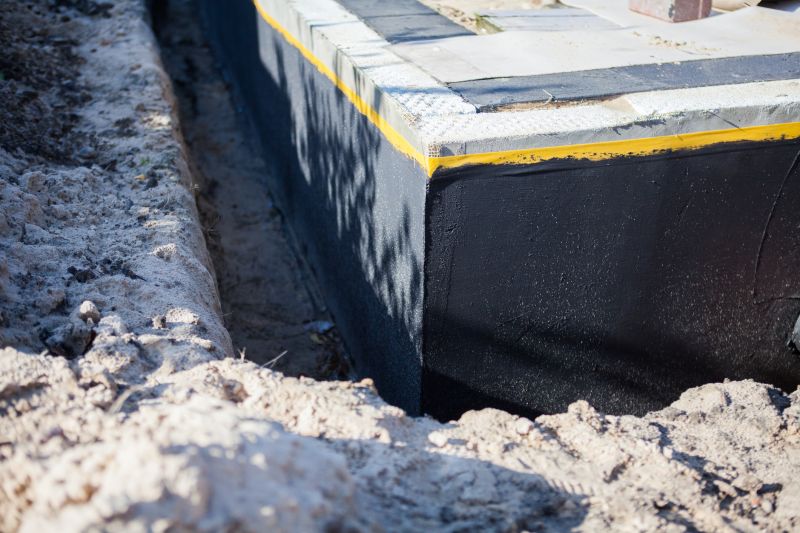
Optimal conditions for waterproofing projects during spring ensure effective sealing and adhesion.
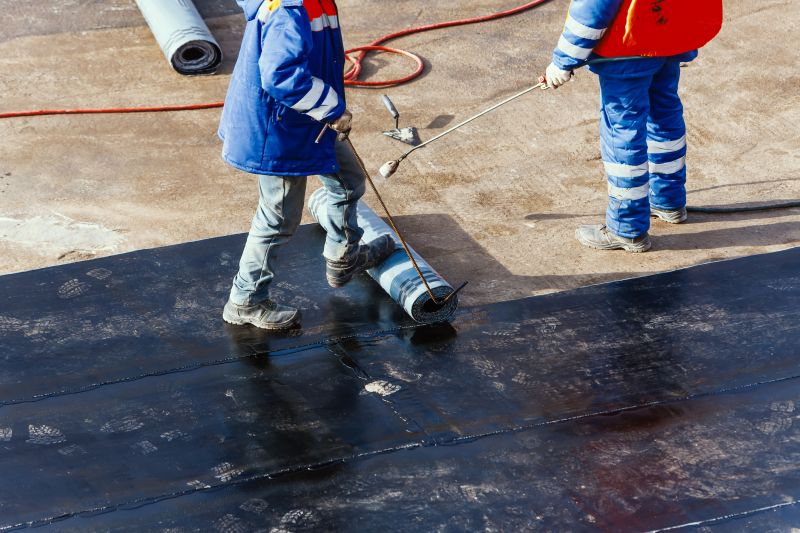
Dry weather minimizes risks of moisture interference, leading to better results.
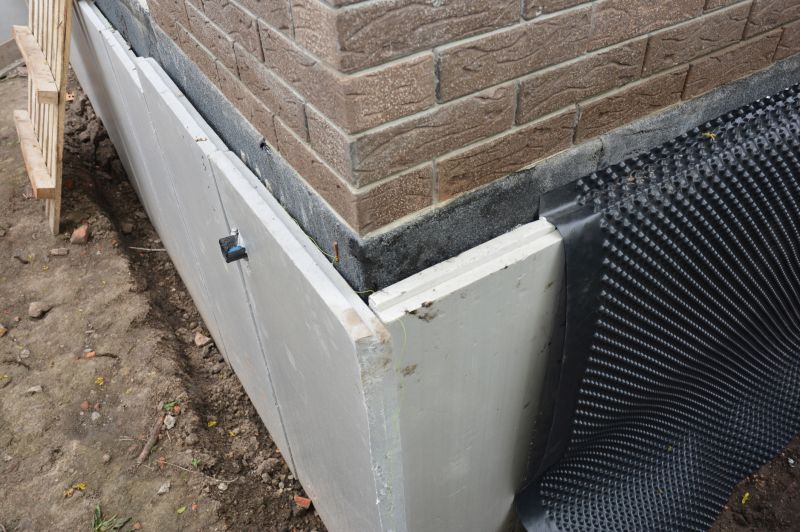
Applying waterproofing during initial construction phases prevents future water damage.
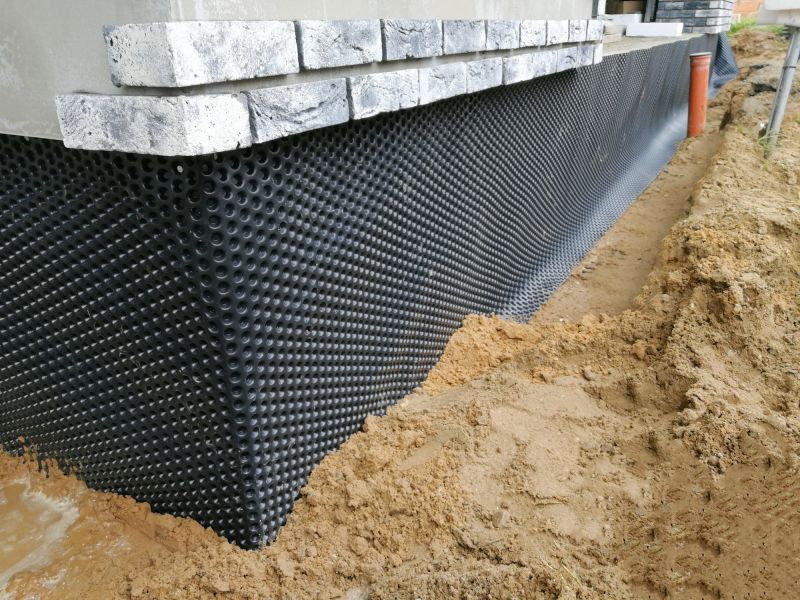
Popular materials for Waterproofings and why they hold up over time.
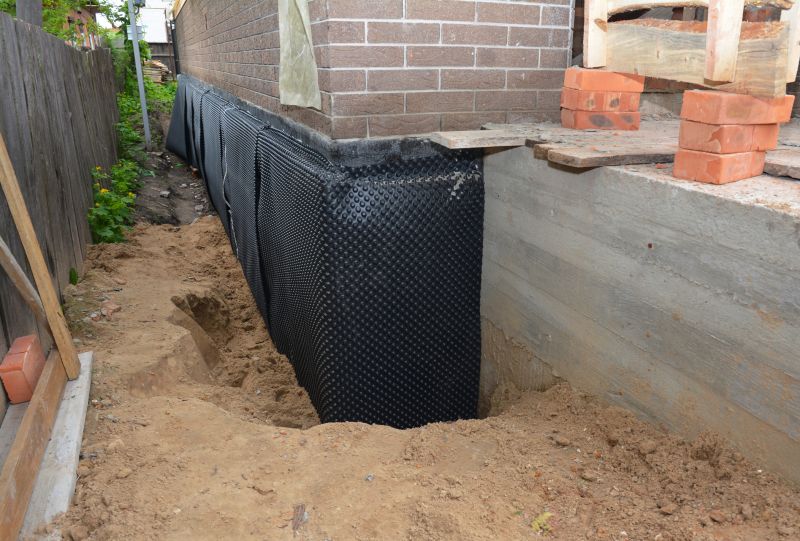
Simple add-ons that improve Waterproofings without blowing the budget.
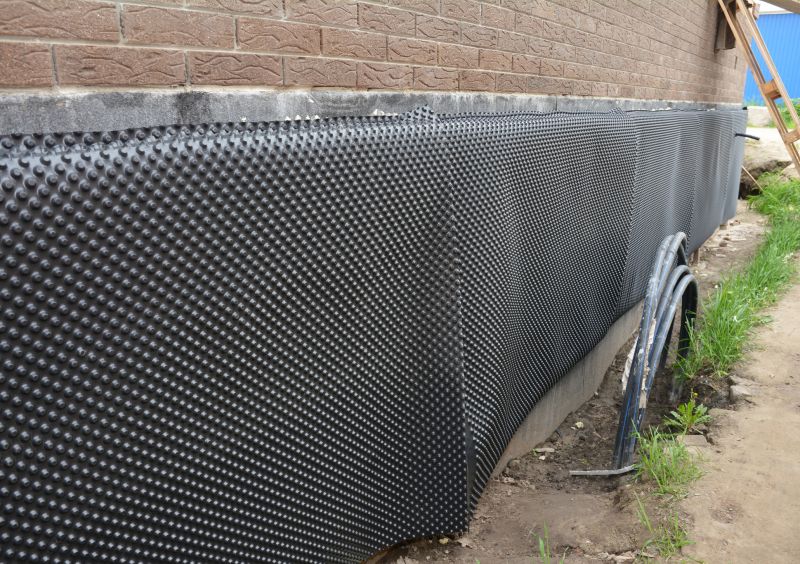
High-end options that actually feel worth it for Waterproofings.
| Season | Recommended Activities |
|---|---|
| Spring | Ideal for new waterproofing applications due to moderate weather. |
| Summer | Suitable if temperatures are controlled and humidity is low. |
| Fall | Good for reapplications and maintenance before winter. |
| Winter | Not recommended due to freezing temperatures and moisture risks. |
Waterproofings are essential for protecting buildings against water intrusion, which can cause structural damage, mold growth, and interior deterioration. Proper timing of waterproofing applications maximizes their effectiveness and longevity. Structural waterproofing involves sealing foundations, basements, and roofs, while surface waterproofing protects decks, balconies, and exterior walls. Statistics indicate that waterproofing can extend the lifespan of building components by several decades and reduce maintenance costs significantly.
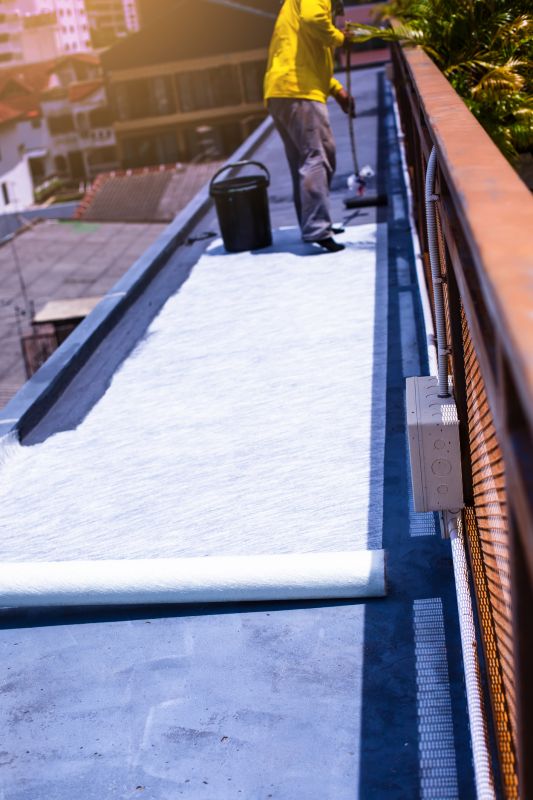
Application process during optimal weather conditions ensures durability.
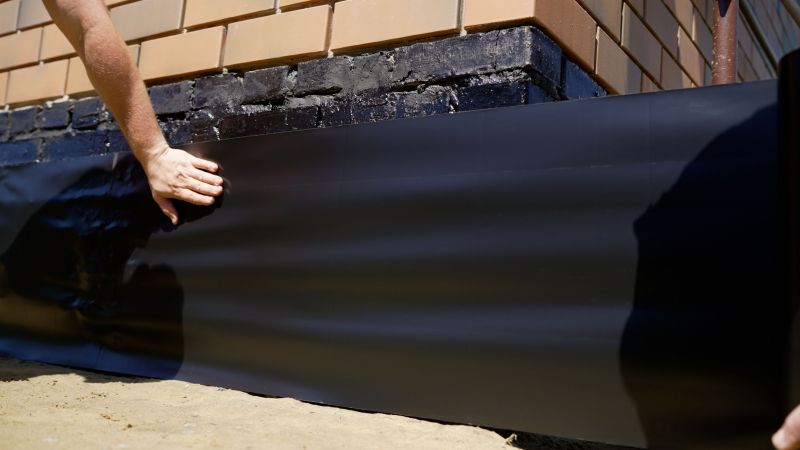
Proper timing prevents water seepage and structural issues.
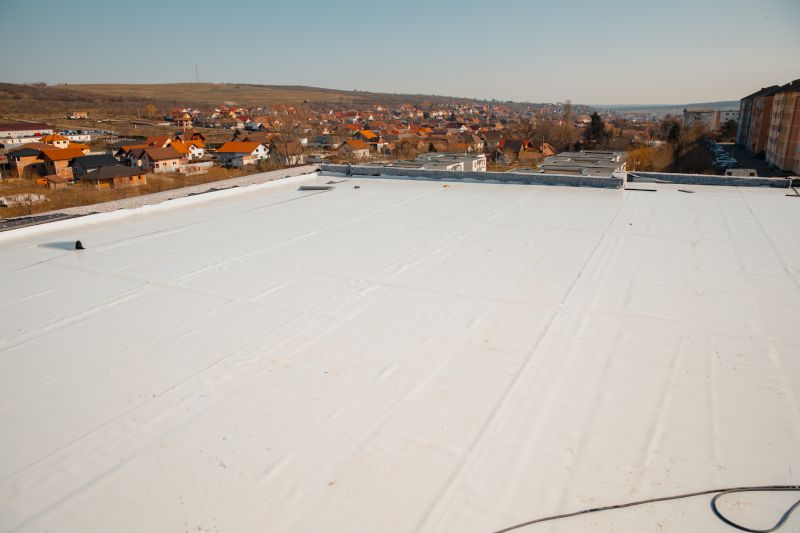
Effective in dry seasons for maximum protection.
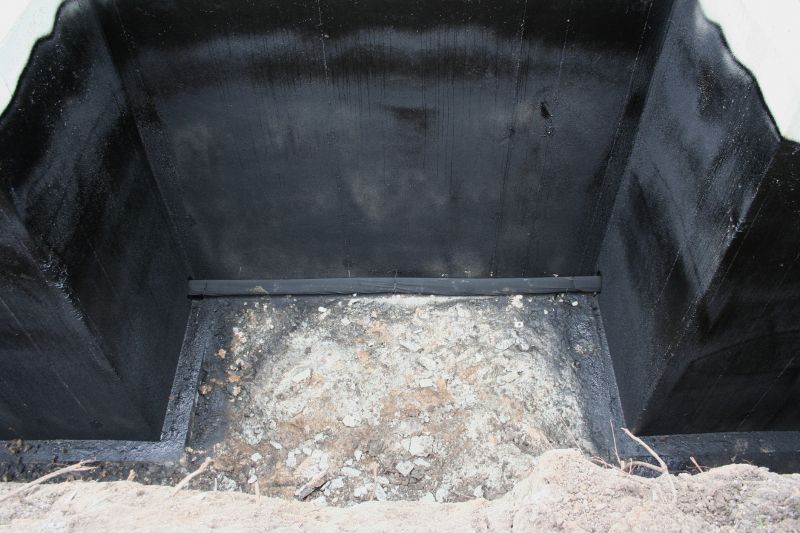
Best performed before winter to prevent moisture ingress.
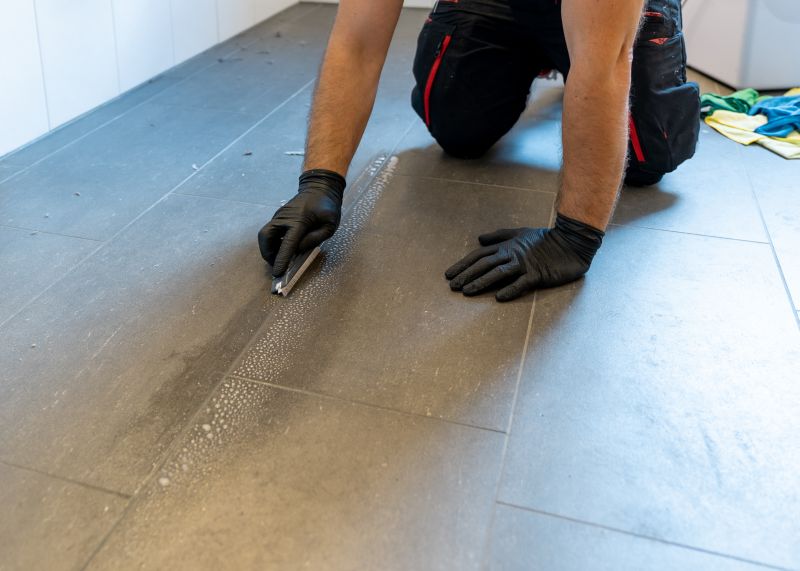
Finishes and colors that play nicely with Waterproofings.
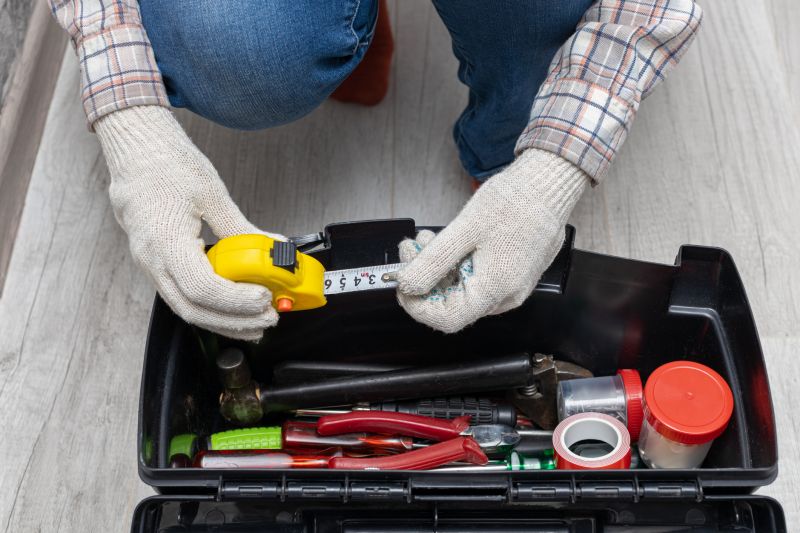
Little measurements that prevent headaches on Waterproofings day.
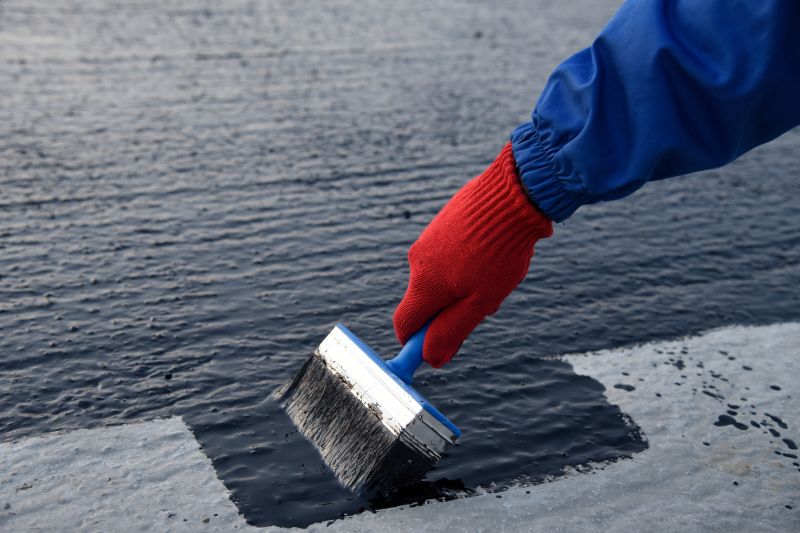
A 60-second routine that keeps Waterproofings looking new.
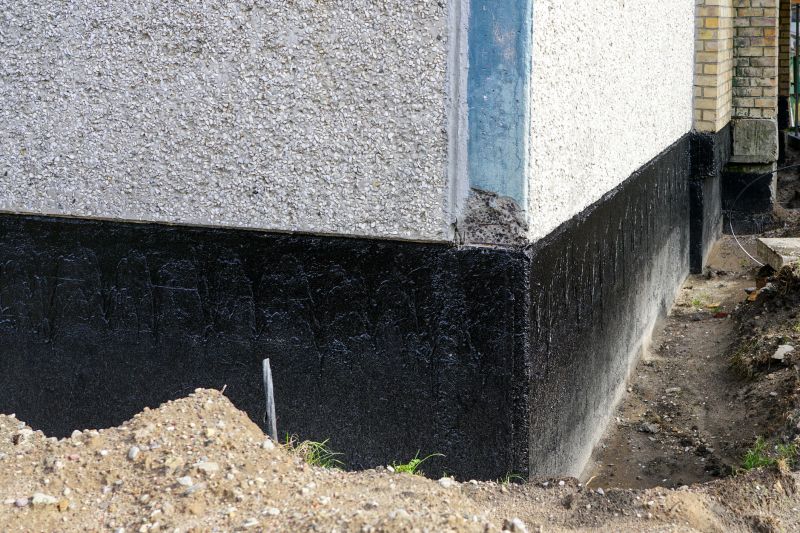
A frequent mistake in Waterproofings and how to dodge it.
Interested in waterproofing services? Filling out the contact form can provide more information and help schedule an assessment to determine the best timing and solutions for specific needs in Kenosha, WI.

